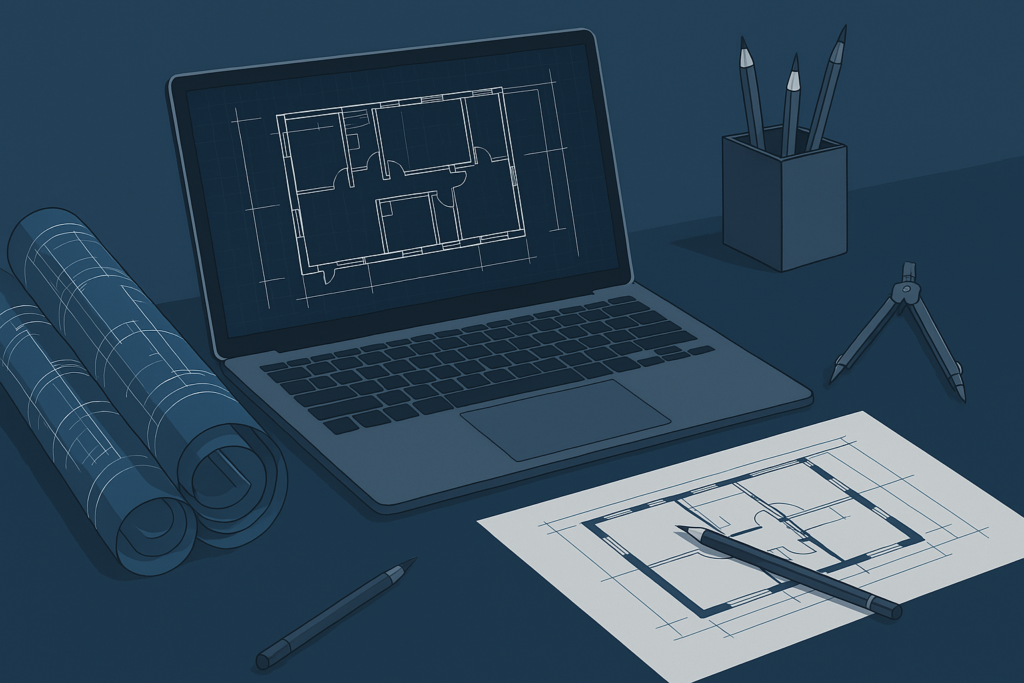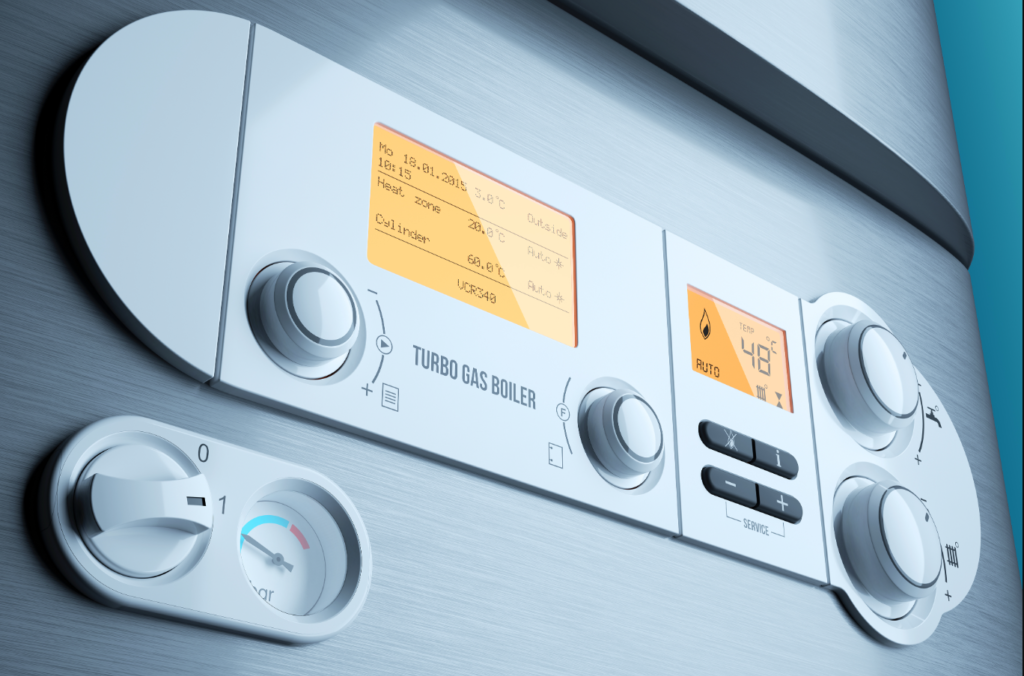Getting approved for a mortgage can feel intimidating for freelancers and self-employed professionals. Traditional lenders often prefer predictable, W-2 income — but that doesn’t mean homeownership is out of reach for business owners, gig workers, or independent contractors.
With the right preparation, documentation, and expert support, qualifying for a mortgage is completely possible. Here are the top 10 proven ways self-employed borrowers can qualify for a mortgage in 2025, according to experts at Ultimate Mortgage Brokers.
1. Maintain Organized Financial Records
Your financial records tell your story. Lenders look for income stability, so keeping detailed documentation like profit and loss statements, 1099 forms, and tax returns for the past two years can make a major difference.
A consistent paper trail helps mortgage brokers present your application confidently to lenders. For expert help, reach out to Ultimate Mortgage Brokers for personalized advice.
2. Keep Business and Personal Finances Separate
Mixing personal and business transactions is one of the biggest red flags for underwriters. Open a separate bank account for your business to show consistent income. This distinction makes your finances easier to verify — and helps you qualify faster with a reliable mortgage lender.
3. Build and Maintain a Strong Credit Profile
Lenders rely heavily on credit scores to gauge risk. Pay all bills on time, lower your credit utilization, and avoid opening new accounts before applying. A credit score above 700 gives you access to better mortgage programs and competitive interest rates.
4. Show Consistent or Increasing Income
Even if your income fluctuates, lenders want to see overall consistency or growth over the past two years. Keep detailed records of invoices and deposits, and be ready to explain any dips in revenue with supporting documentation.
5. Lower Your Debt-to-Income (DTI) Ratio
Before you apply, try to reduce existing debt. Pay off credit cards or personal loans if possible. A lower DTI ratio improves your chances of approval and positions you as a financially stable borrower.
6. Save a Larger Down Payment
If your income varies, putting more money down can reduce the lender’s risk. A down payment of 15–20% can help you qualify more easily — and may even remove the need for private mortgage insurance (PMI).
This step shows lenders that you’re financially responsible and invested in your property.
7. Consider Bank Statement Loans
Traditional loans rely on W-2s or tax returns, which might not reflect your true earnings as a self-employed person. Instead, you can opt for bank statement loans, where your deposits act as proof of income.
This program, offered by many brokers, helps self-employed borrowers secure a mortgage without traditional documentation hurdles.
8. Limit Business Write-Offs Before Applying
While tax deductions are great for lowering taxes, they can also reduce your “official” income in the eyes of lenders. For one or two years before applying for a mortgage, consider minimizing deductions to reflect higher taxable income — it can make qualifying much easier.
9. Keep Your Business Steady for Two Years or More
Lenders generally want to see at least two years of self-employment history. If you’ve recently transitioned to full-time self-employment, wait until you can show consistent earnings for 24 months before applying. This track record builds trust with underwriters.
10. Partner with an Experienced Mortgage Broker
A knowledgeable mortgage broker understands how to present self-employed applicants in the best light. They’ll help you find flexible loan programs that match your financial profile.
Working with Ultimate Mortgage Brokers ensures your paperwork, income proof, and financials are packaged correctly to increase your approval odds and secure competitive rates.
Additional Tips for Self-Employed Borrowers
-
Stay Tax-Compliant: Make sure all filings are current.
-
Maintain Business Continuity: Show active clients or contracts.
-
Document Everything: Keep digital copies of invoices, statements, and contracts.
-
Plan Ahead: Start preparing at least 6–12 months before applying.
Conclusion
Being self-employed offers freedom — and with proper planning, it doesn’t have to limit your homeownership dreams. Stay proactive, keep your financials clean, and work with an experienced mortgage expert who understands the self-employed borrower journey.
Whether you’re refinancing or buying your first home, Ultimate Mortgage Brokers can help you navigate every step with confidence.



